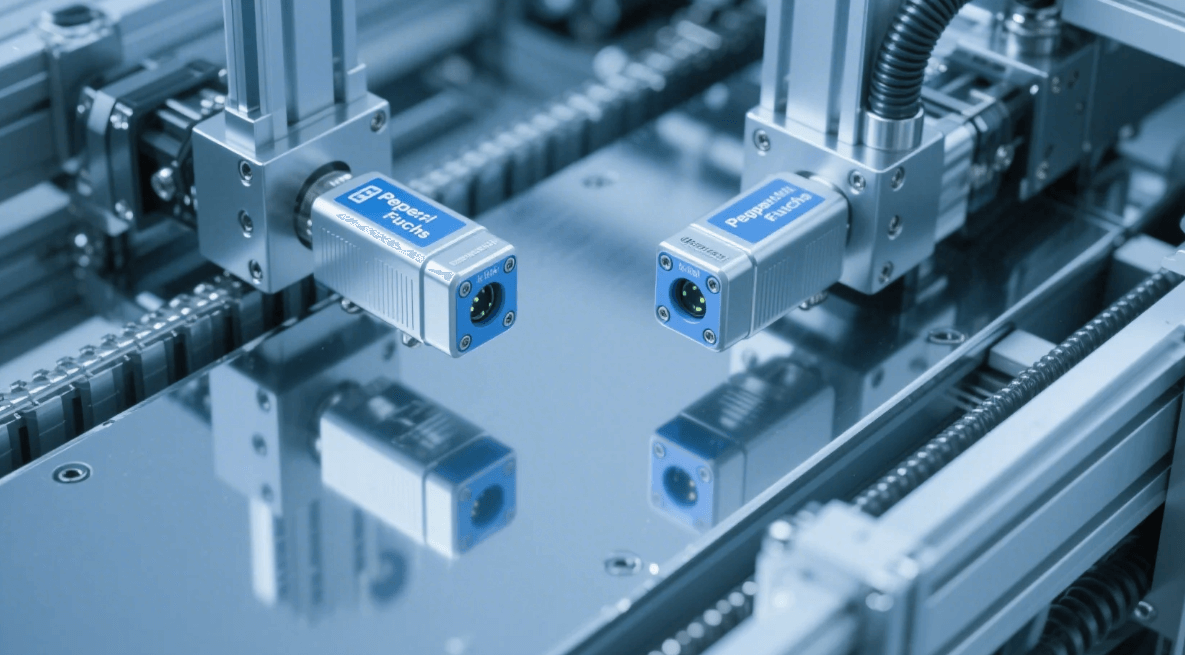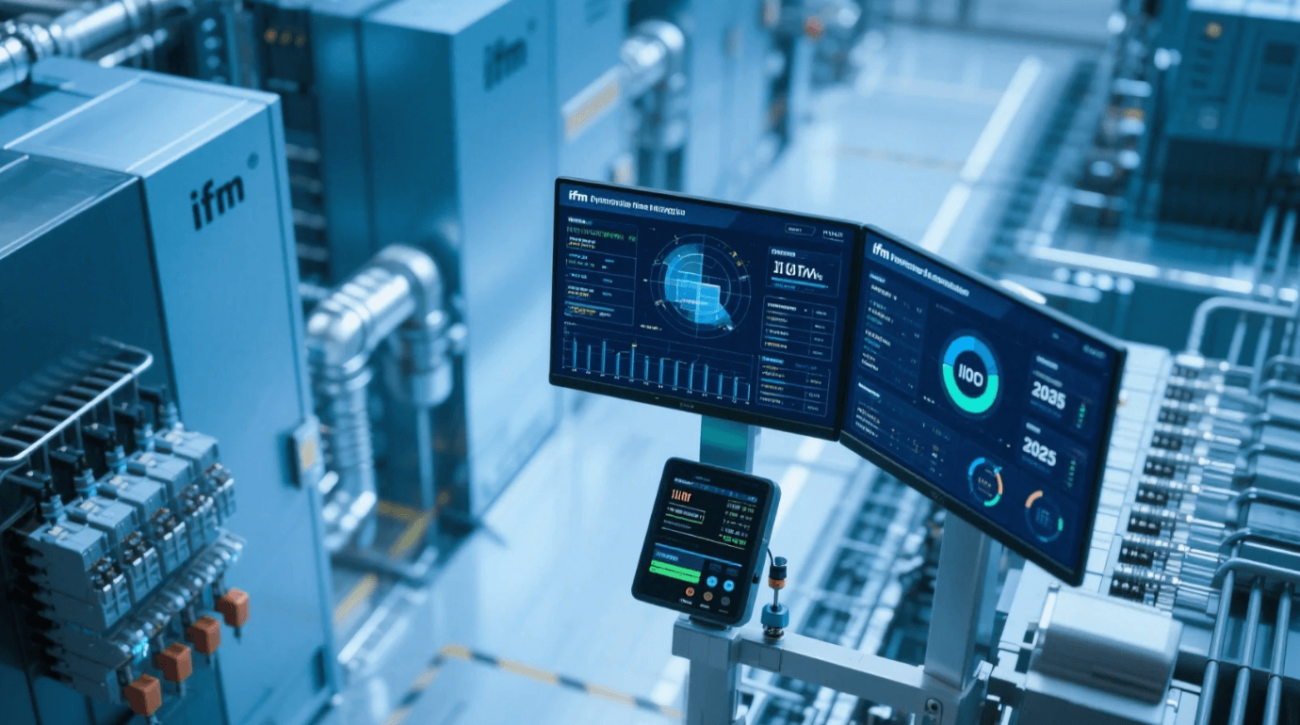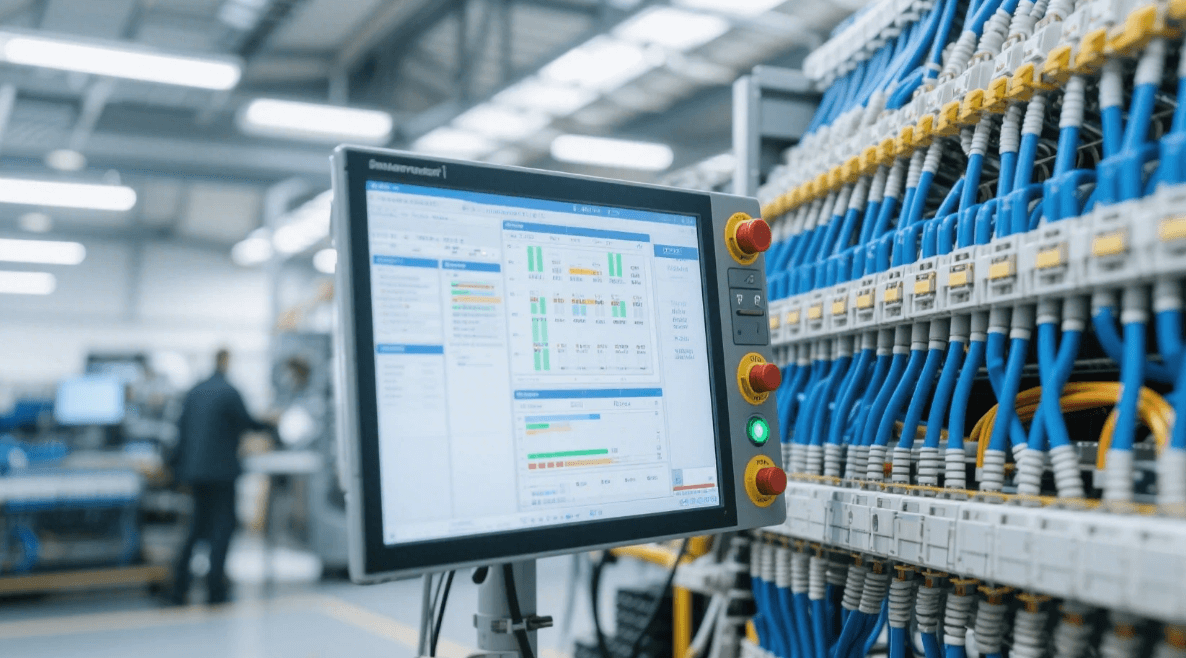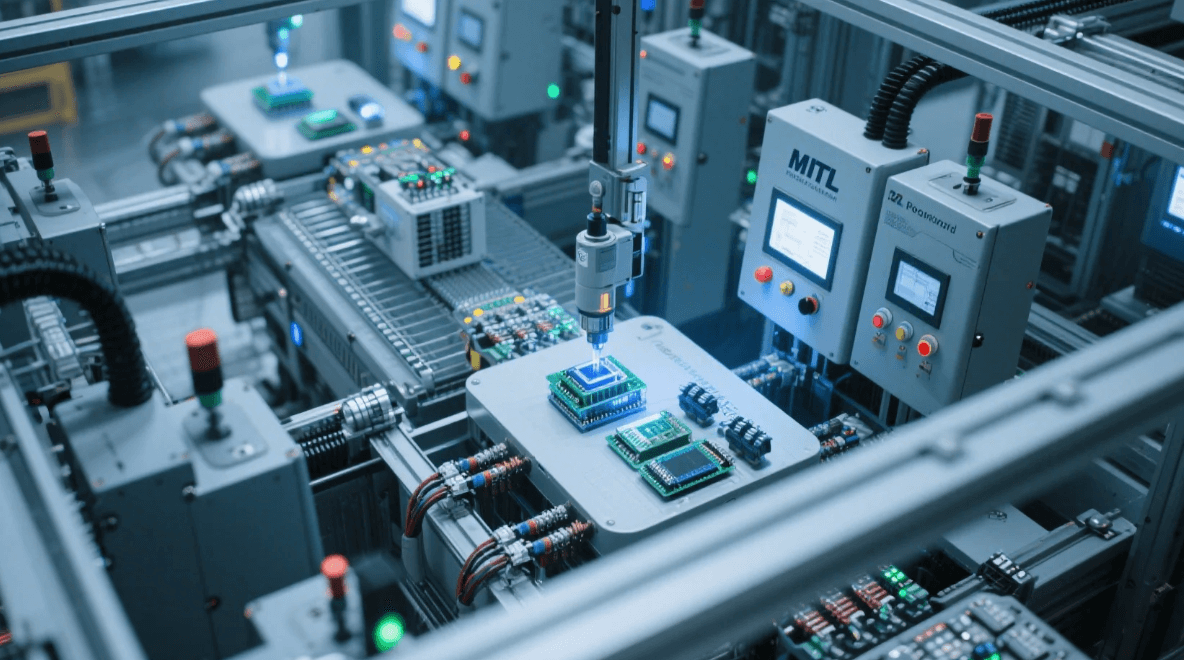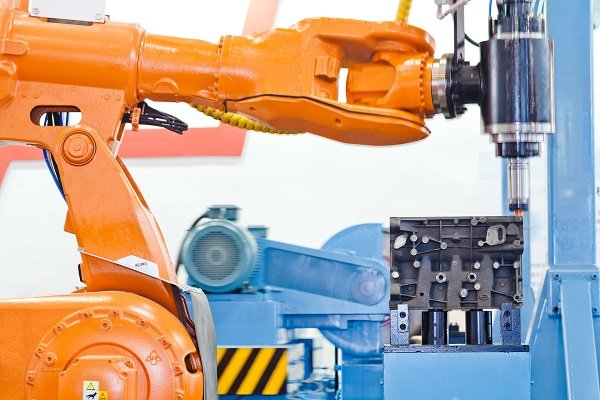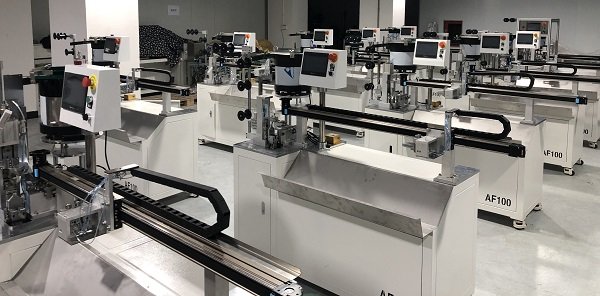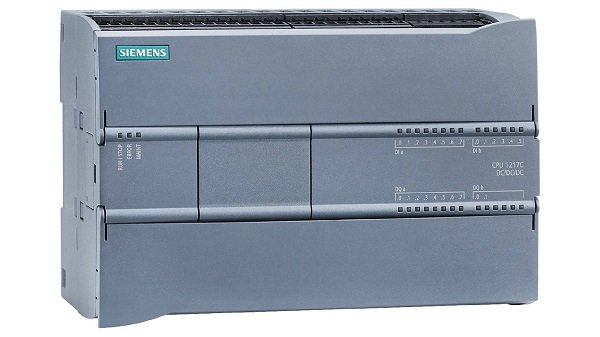Unlocking the Power of Industrial Automation Products: Boosting Efficiency and Innovation

The Future of Manufacturing Lies in Industrial Automation
In today’s fast-evolving industrial landscape, automation is no longer just a trend; it’s the backbone of innovation and efficiency. Industrial automation products are driving transformative changes across industries, revolutionizing how businesses operate, from manufacturing to logistics and beyond. These cutting-edge solutions are enabling companies to stay competitive, reduce costs, and improve overall performance. In this article, we’ll explore the numerous advantages of industrial automation products, highlighting their crucial role in modernizing production processes and elevating business success.
The Core Benefits of Industrial Automation Products
Revolutionizing Efficiency and Productivity
At the heart of industrial automation lies industrial automation products that drastically enhance production efficiency. These products automate tedious, time-consuming tasks, accelerating processes and freeing up valuable human resources. By integrating these solutions into operations, businesses can achieve unprecedented levels of productivity while minimizing the risk of human error.
Take automated assembly lines, for example—these industrial automation products can operate continuously without interruption, drastically cutting production times. Automation systems can work faster and more accurately than human labor, helping businesses to meet customer demands faster and with improved consistency.
In industries where speed, precision, and reliability are key, industrial automation products offer a massive advantage, allowing companies to maximize output while maintaining impeccable quality standards.
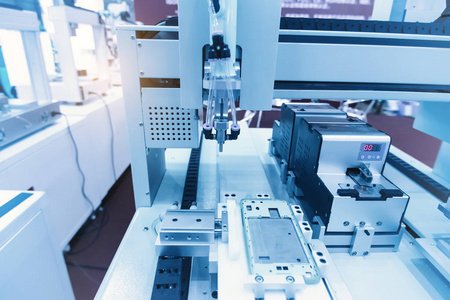
Unmatched Quality Control and Consistency
One of the primary reasons businesses adopt industrial automation products is to ensure the highest levels of quality control. Automation systems guarantee that each product is manufactured with the same level of precision and consistency. Unlike human workers, who are susceptible to fatigue and distractions, automated systems operate tirelessly, delivering flawless results every time.
In manufacturing environments, where errors can be costly and detrimental, industrial automation products offer an effective solution. Automated machinery, equipped with advanced sensors and control systems, detects inconsistencies and corrects them in real time, ensuring that every product meets strict quality standards.
By eliminating human error and inconsistencies, industrial automation products help businesses build trust with their customers, resulting in fewer returns and higher customer satisfaction.
Cost Efficiency and a Strong Competitive Edge
While implementing industrial automation products may involve significant initial investment, the long-term financial benefits are undeniable. These products lead to reduced labor costs, lower energy consumption, and minimal material waste—resulting in substantial savings. Automation allows businesses to operate with fewer personnel while maintaining high levels of output, which directly reduces payroll and training expenses.
Moreover, industrial automation products enhance operational efficiency by optimizing energy usage. Automation systems can be programmed to run only when necessary, conserving energy and lowering costs. This not only improves the bottom line but also aligns with global sustainability efforts.
By reducing operational costs and increasing production capacity, industrial automation products provide businesses with a powerful competitive advantage in the market, enabling them to deliver products at more affordable prices and faster turnaround times than their competitors.
Prioritizing Worker Safety and Risk Reduction
Worker safety is a critical concern in many industries, and industrial automation products play a vital role in reducing workplace hazards. These systems can take on dangerous, strenuous tasks that would otherwise put human workers at risk. Automated machines and robotic systems can handle high-risk operations, such as working with toxic substances or performing repetitive heavy lifting.
For example, in hazardous environments like chemical plants or factories, robots and automated systems can work in place of human workers, minimizing exposure to danger. Industrial automation products can also be programmed with built-in safety protocols that ensure safety standards are always met.
By reducing the need for workers to engage in physically demanding and potentially dangerous tasks, industrial automation products enhance overall workplace safety, leading to fewer accidents and creating a healthier environment for employees.
Flexibility and Scalability for Future Growth
In today’s dynamic market, businesses must remain agile and adaptable to stay competitive. Industrial automation products offer unparalleled flexibility, allowing businesses to scale their operations with ease. Automated systems can be reprogrammed or adjusted to accommodate new production lines, different product specifications, or shifting market demands without major overhauls or costly downtime.
For businesses with fluctuating production demands, industrial automation products provide the perfect solution. Whether it’s expanding capacity during peak seasons or adjusting to new trends, these products allow companies to adapt quickly and efficiently.
The scalability of industrial automation products ensures that businesses are well-equipped to grow and evolve in response to market changes. With automation, businesses can adjust their production lines, optimize resources, and expand their capabilities with minimal disruption.
Harnessing Data for Smarter Decision-Making
In the era of digital transformation, data is a crucial asset for any business. Industrial automation products generate vast amounts of real-time data, enabling businesses to make informed decisions and optimize their operations. Sensors, machine learning algorithms, and predictive analytics can monitor equipment performance, track production rates, and measure product quality, giving businesses valuable insights into their processes.
By collecting and analyzing this data, businesses can pinpoint inefficiencies, predict maintenance needs, and optimize production workflows. This data-driven approach helps businesses stay ahead of potential issues before they impact operations, reducing downtime and maximizing overall efficiency.
Industrial automation products empower businesses to leverage data in ways that were previously unimaginable, driving smarter decisions and continuous improvements in manufacturing processes.
Supporting Sustainability and Environmental Goals
As environmental concerns continue to rise, sustainability has become a top priority for industries worldwide. Industrial automation products contribute to more sustainable practices by reducing waste, optimizing resource use, and minimizing energy consumption.
Automated systems can be programmed to maximize material usage, reduce scrap, and ensure that products are manufactured with minimal environmental impact. Additionally, automated processes can be optimized for energy efficiency, helping businesses cut down on unnecessary energy consumption and reduce their carbon footprint.
By implementing industrial automation products, companies can align themselves with global sustainability initiatives and appeal to environmentally-conscious consumers. Automation helps businesses reduce their environmental impact while maintaining high levels of productivity and efficiency.
The Transformative Power of Industrial Automation Products
The advantages of industrial automation products are clear and undeniable. From increasing productivity and quality control to reducing costs and enhancing safety, automation is reshaping industries across the globe. By integrating industrial automation products into their operations, businesses can not only improve their bottom line but also position themselves for long-term success in an increasingly competitive market.
As we move forward into the future, the role of automation will only become more integral to industrial operations. Industrial automation products are the key to unlocking new levels of efficiency, innovation, and sustainability in manufacturing and beyond. For businesses seeking to stay ahead of the curve, adopting automation is not just an option—it’s a strategic necessity.
| Model:K-AO01 |

